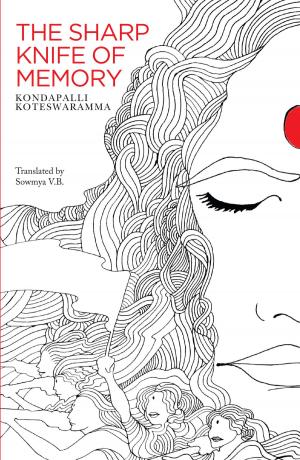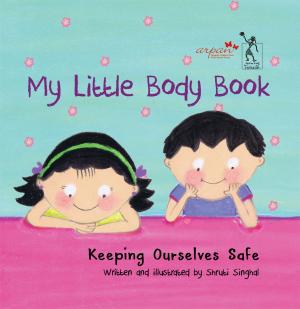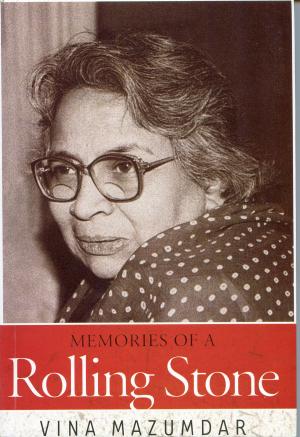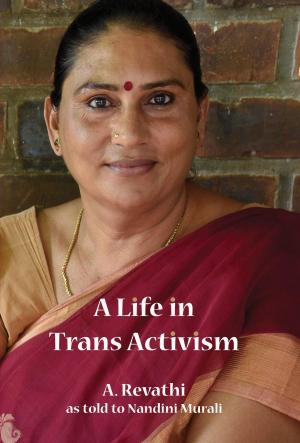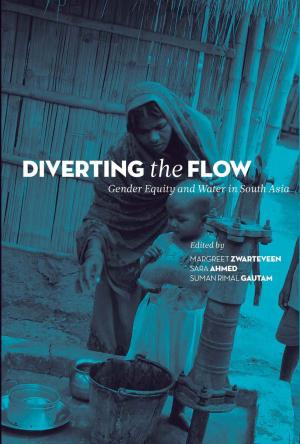Women Water Professionals
Inspiring Stories from South Asia
Nonfiction, Social & Cultural Studies, Social Science, Gender Studies, Sociology| Author: | ISBN: | 9789383074303 | |
| Publisher: | Zubaan | Publication: | March 11, 2014 |
| Imprint: | Language: | English |
| Author: | |
| ISBN: | 9789383074303 |
| Publisher: | Zubaan |
| Publication: | March 11, 2014 |
| Imprint: | |
| Language: | English |
Water management is not an engineering matter alone, it involves ecological, socio- political, administrative and legal concerns. Gender is a key factor but has been neglected both conventionally and in recent water reform policies and structures. Yet, a cross-section of South Asian women have challenged socio-cultural norms and crossed personal and professional boundaries to make a profound impact on water and sanitation management. Their inspiring stories have scarcely been documented. This book is the first to profile women from Bangladesh, India, Nepal, Pakistan and Sri Lanka women at the grassroots or with NGOs, women activists, journalists, administrators, scientists, academics, action-researchers - who have faced challenges related to water with courage and determination. Complementing the 32 women’s voices is data compiled from an analysis of the situation of women water professionals in the region. Written in an engaging manner, this book will be of interest both to the general reader and to academics and practitioners in water management and gender/women’s studies.
Water management is not an engineering matter alone, it involves ecological, socio- political, administrative and legal concerns. Gender is a key factor but has been neglected both conventionally and in recent water reform policies and structures. Yet, a cross-section of South Asian women have challenged socio-cultural norms and crossed personal and professional boundaries to make a profound impact on water and sanitation management. Their inspiring stories have scarcely been documented. This book is the first to profile women from Bangladesh, India, Nepal, Pakistan and Sri Lanka women at the grassroots or with NGOs, women activists, journalists, administrators, scientists, academics, action-researchers - who have faced challenges related to water with courage and determination. Complementing the 32 women’s voices is data compiled from an analysis of the situation of women water professionals in the region. Written in an engaging manner, this book will be of interest both to the general reader and to academics and practitioners in water management and gender/women’s studies.

